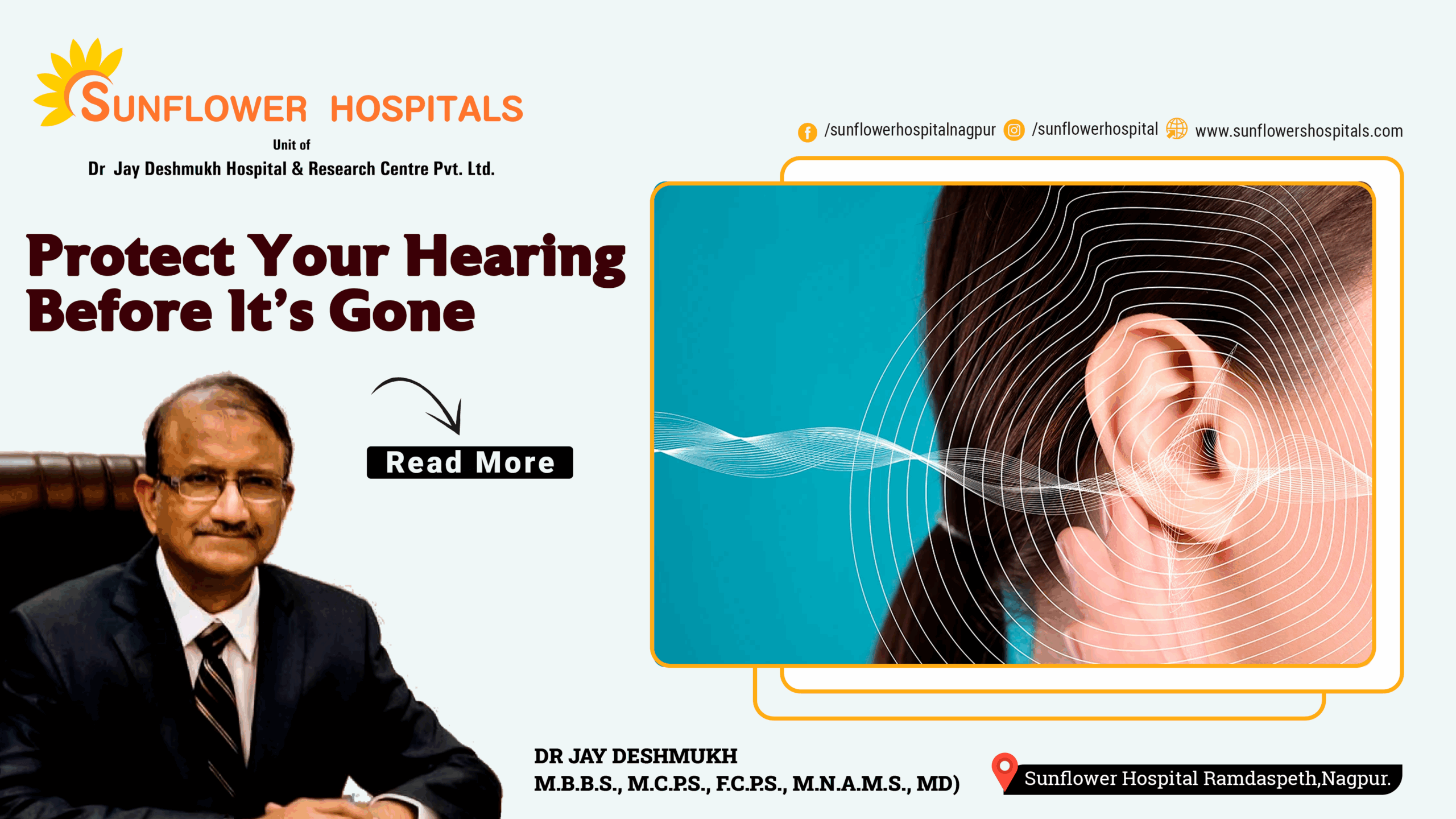Are children more vulnerable than adults?
Children’s auditory systems are more sensitive, and they may not recognize early warning signs like ringing in the ears. Repeated exposure in childhood can cause early-onset hearing loss.
What are the immediate effects of loud noise?
Immediate effects of loud noise include ringing or buzzing in the ears (tinnitus), temporary muffled hearing, headaches, irritability, and sleep disturbances.
What are the long-term consequences?
Long-term consequences include permanent hearing loss, speech and language delays in children, poor concentration and learning difficulties at school, and in adults, social withdrawal, depression, and increased risk of accidents due to not hearing alarms or traffic.
How can parents protect children?
Parents can protect children by limiting headphone use following the 60/60 rule (no more than 60 minutes at 60% volume), keeping them away from fireworks and loudspeakers, and using noise-cancelling headphones when exposure is unavoidable.
How can adults reduce risk?
Adults can reduce risk by using earplugs or earmuffs in noisy environments, taking listening breaks after exposure, checking workplace noise levels, and preferring text or vibration alerts instead of loud ringtones
When should one seek medical help?
If hearing difficulty, persistent ringing, or ear fullness occurs after noise exposure, consult an ENT specialist or audiologist for a hearing evaluation.
What are the warning signs of noise-induced damage?
Needing to increase TV/radio volume
Difficulty following conversations in crowds
Ringing in ears after loud exposure
Asking others to repeat often
Author: Dr Jay Deshmukh
Dr Jay Deshmukh is Chief Physician and Director, Sunflower Hospital, Nagpur Honorary Physician to Honorable Governor of Maharashtra and PondicherryCentral. Dr Jay Deshmukh is an M.B.B.S., M.C.P.S., F.C.P.S., M.N.A.M.S., MD From Internal Medicine – Bombay and New Delhi.


